Unleashing the Power: Exploring the Best Free AI Tools for Developers
Introduction:
Artificial Intelligence (AI) has quickly emerged as a groundbreaking technology, unlocking a world of new possibilities. The exciting part is that you don’t require a big budget to dive into the realm of AI. In this blog post, we will delve into a selection of fascinating free AI tools that cater to enthusiasts, students, and developers alike. These tools provide robust features, comprehensive libraries, and vibrant communities, making them perfect for embarking on your AI journey, even without financial constraints.
- TensorFlow:
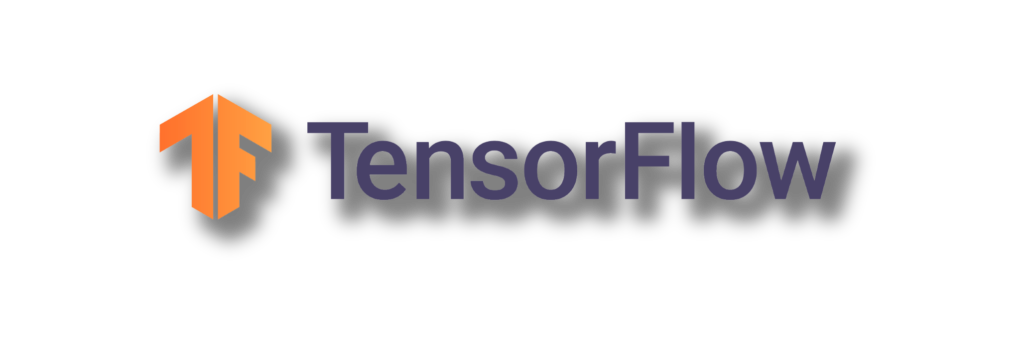
TensorFlow is a remarkable free AI tool software library that serves as a valuable resource for artificial intelligence and machine learning. Developed by Google, it is widely recognized as a second-generation Google Brain system. TensorFlow offers versatile applications across various tasks, with a primary emphasis on facilitating the training and interface of deep neural networks.
Notably, TensorFlow has gained prominence as a renowned open-source library specifically designed for machine learning and deep learning. Its creation by Google has further solidified its credibility. One of the key strengths of TensorFlow lies in its extensive collection of pre-trained models, accompanied by comprehensive tutorials and documentation. Consequently, both newcomers and seasoned experts can leverage TensorFlow’s capabilities, benefiting from its vibrant community that ensures continuous upgrades and reliable support.
- PyTorch:

PyTorch stands out as a highly recognized open-source framework for deep learning, originating from Facebook’s AI Research group. It has gained substantial popularity within the research and developer communities, primarily due to its intuitive interface, dynamic computational graph, and convenient debugging tools. PyTorch empowers users to construct state-of-the-art AI solutions, made even more accessible by the abundant resources provided by its dedicated community. These resources encompass tutorials, forums, and a repository of pre-trained models
- scikit-learn:
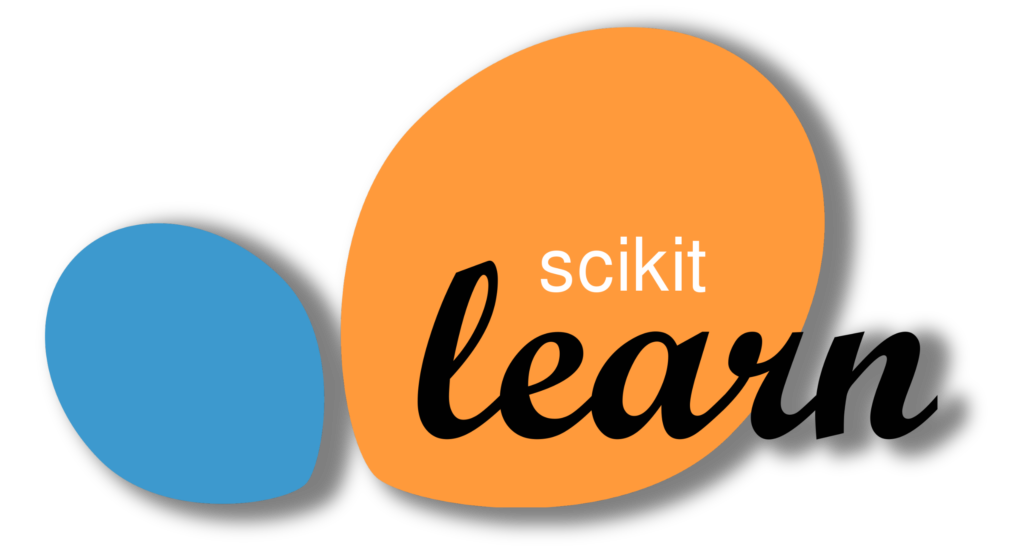
Scikit-learn is a Python library dedicated to machine learning, offering a wide array of algorithms, tools, and utilities. Its versatility shines through as it supports various tasks such as classification, regression, clustering, and dimensionality reduction. Users can leverage its capabilities to swiftly implement and experiment with different machine learning techniques, enabling efficient exploration and analysis.
Primarily developed in Python, scikit-learn heavily relies on NumPy for optimized linear algebra and array operations. Additionally, to enhance performance, specific core algorithms are implemented using Cython. The library goes the extra mile by providing extensive documentation, sample datasets, and a user-friendly API, catering to the needs of AI enthusiasts. These resources ensure a seamless learning journey, making scikit-learn an invaluable tool for machine learning practitioners
- Keras:

Keras is a user-friendly and intuitive high-level neural networks API designed to simplify the creation and training of deep learning models. It seamlessly integrates with popular backend frameworks such as TensorFlow and Theano, enabling a smooth workflow. Keras is particularly beginner-friendly, offering a straightforward interface that eases the learning curve and also a free AI tool.
Whether you’re developing applications for smartphones, the web, or virtual machines, Keras empowers you to effortlessly construct robust deep models tailored to your needs. Its versatility makes it suitable for AI practitioners of all skill levels. With Keras as your tool of choice, you can embark on your AI journey confidently, knowing that it streamlines the entire process of building and training deep learning models.
- OpenAI Gym:
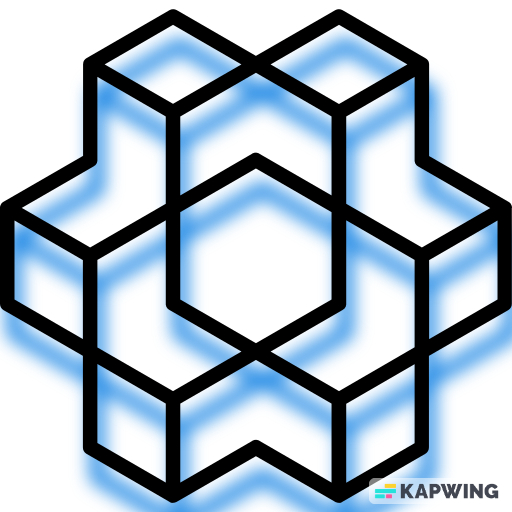
OpenAI Gym stands out as an invaluable toolkit that is freely available for the development and comparison of reinforcement learning (RL) algorithms. RL focuses on training agents to make decisions in dynamic environments. OpenAI Gym provides a range of environments and benchmark tasks, allowing you to experiment with RL algorithms and evaluate their performance. With a vibrant community and extensive documentation, OpenAI Gym is a valuable resource for anyone interested in RL research or applications.
- Jupyter Notebook:
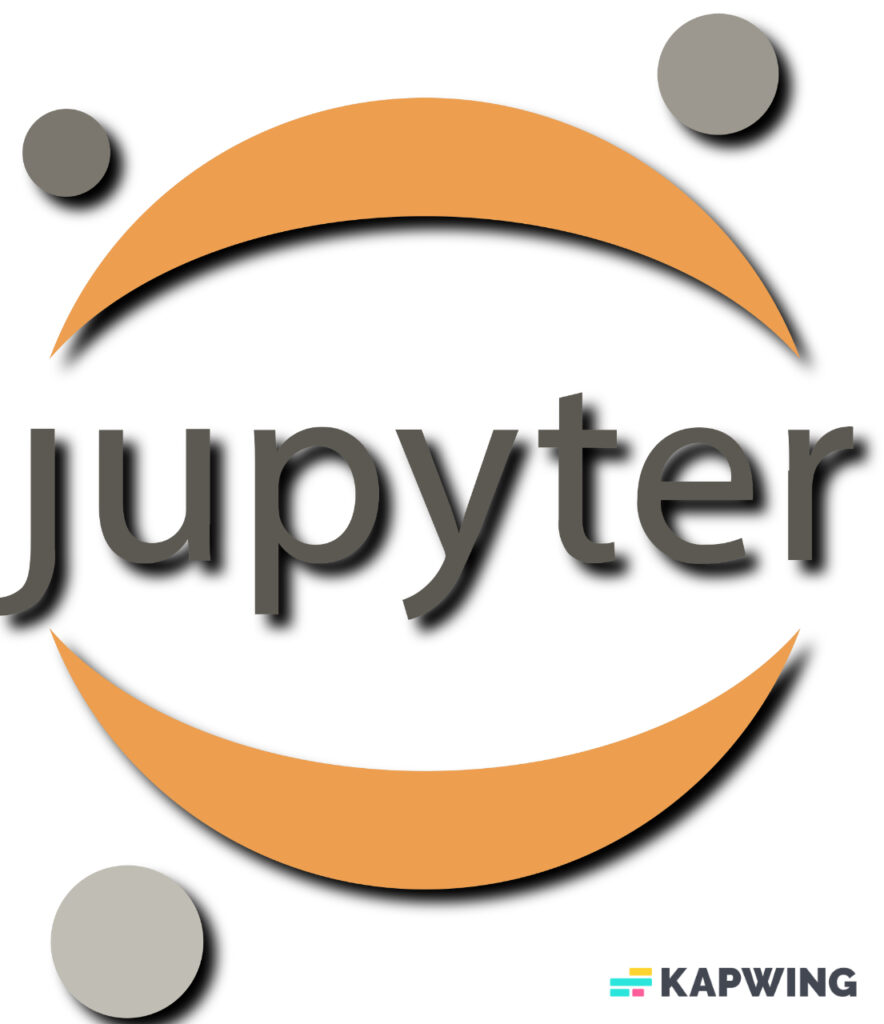
Jupyter Notebook is a powerful open-source web application that restructured the creation and sharing of documents. It seamlessly combines live code, visualizations, and explanatory text, empowering users to express ideas and insights in a comprehensive manner.
This versatile platform offers an interactive environment where you can prototype, test, and visualize AI models with ease. Its flexibility allows you to experiment and iterate, fostering a dynamic workflow. Moreover, Jupyter Notebook’s collaborative features promote teamwork and knowledge sharing among AI practitioners, enhancing productivity and fostering a sense of community. For anyone involved in AI, Jupyter Notebook is an essential tool that facilitates efficient and interactive development

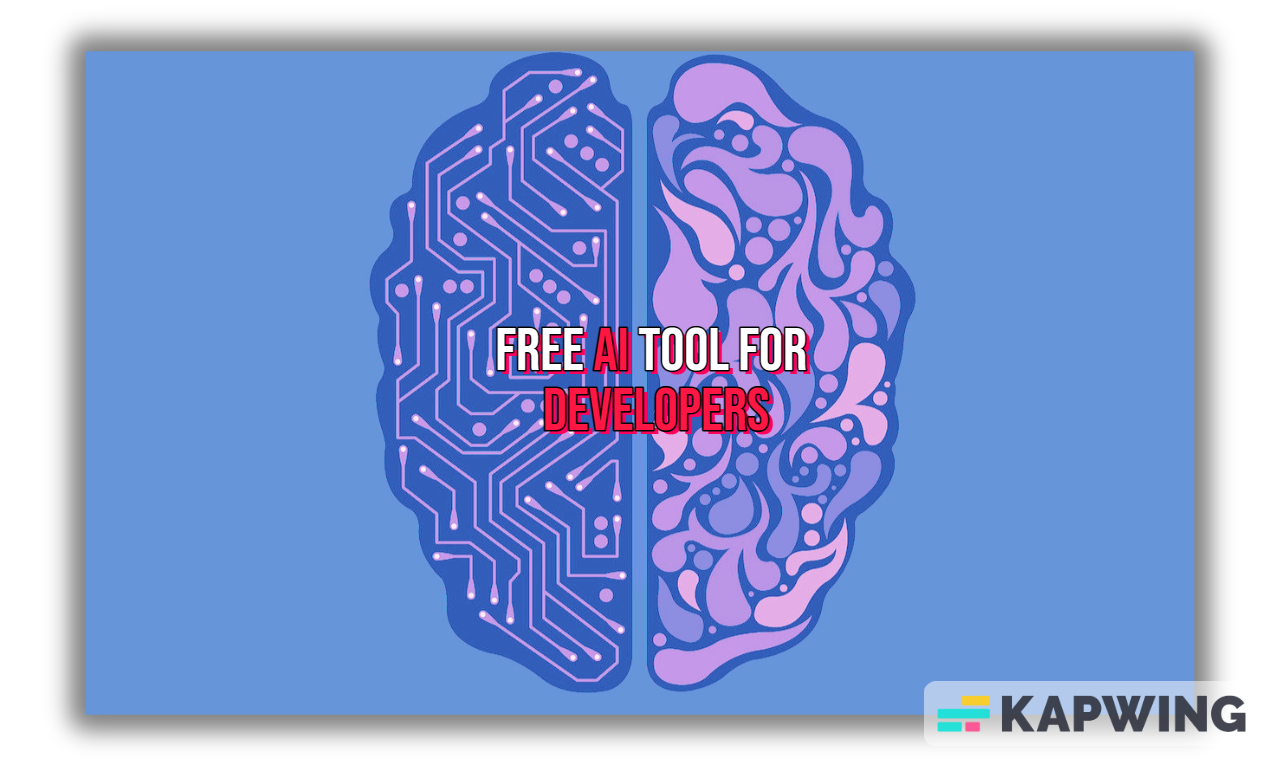



I was in in search of best content for my class speech and it helps me a lot. Thanks bro , 🙏🙏
Interesting content keep it up bro
Thank you bro